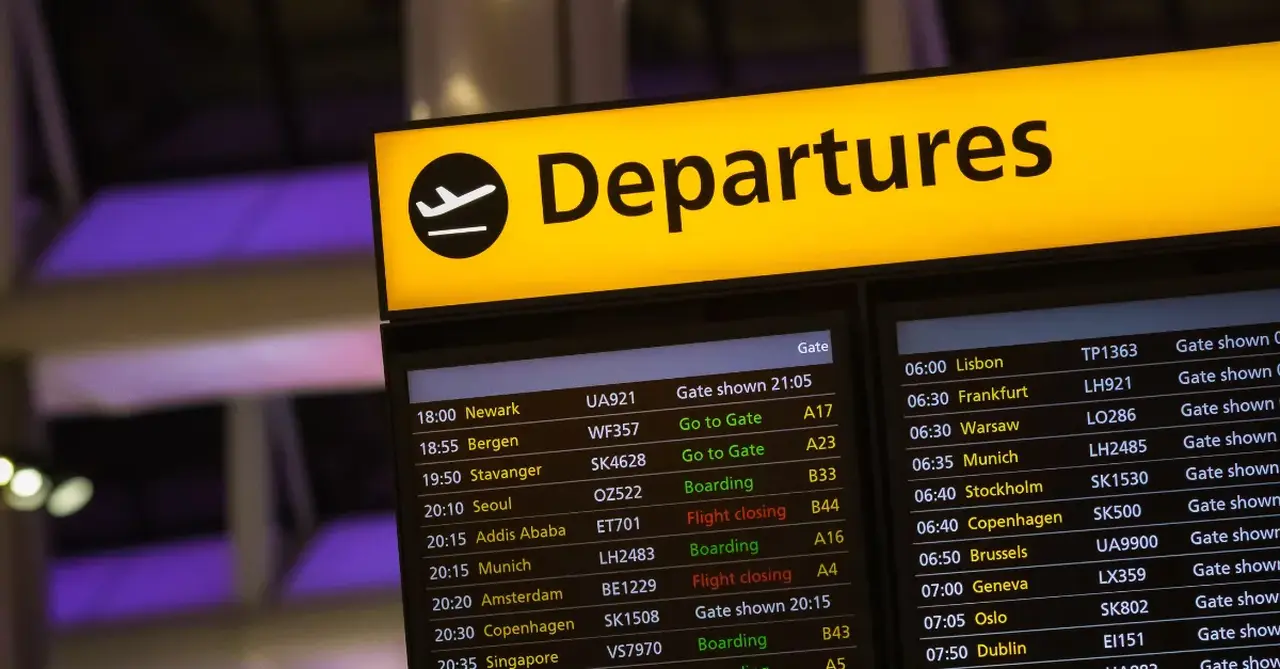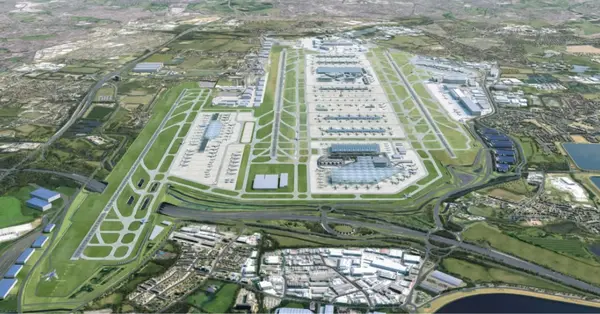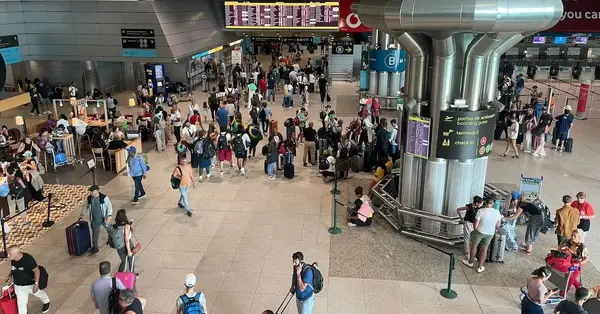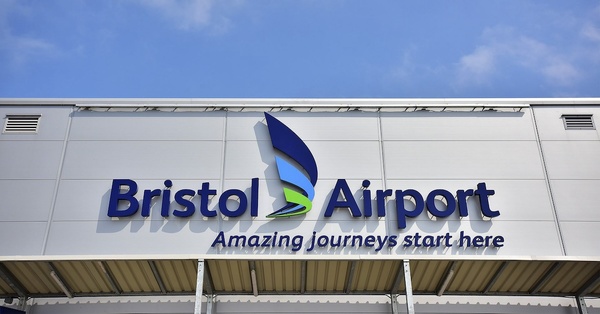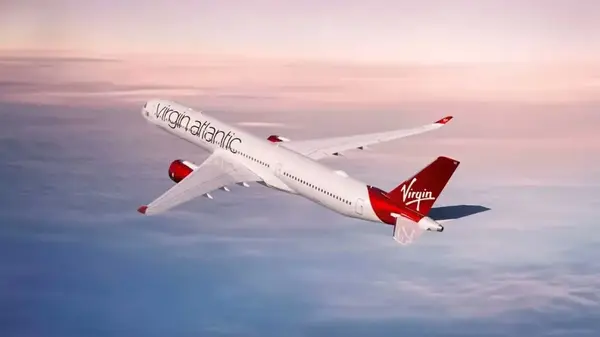You are viewing 1 of your 2 free articles
European air traffic forecast to rise 10% by 2030 amid strong leisure demand
European air navigation body Eurocontrol released a revised seven-year forecast in October, noting “significant changes” to overflights of central and northwest Europe due to airspace capacity constraints amid “ongoing conflicts”.
It forecast the number of flights in European airspace would increase by 3.1% next year with “sustained growth expected” this winter taking annual traffic back to pre-pandemic levels following a 3.6% increase this year on 2024.
But it warned there would be “notable variations” at state level, arguing: “It is impossible to predict when currently restricted airspaces will be fully reopened.”
Eurocontrol forecast European air traffic would be 10% greater in 2030 than in 2019, having last issued a medium-term traffic forecast in February when it predicted traffic growth of 2.5% next year and annual growth of 2.2% between 2025 and 2029.
It now forecasts the number of flights in European airspace will grow at an annual rate of 2.2% through to 2031, surpassing 12 million flights in 2030 – up from 11 million this year – and hit 12.4 million by the end of the forecast period.
However, it warned airlines would continue to suffer delays in deliveries of new aircraft as well as demands for increased maintenance on the engines of some models, noting: “Fleet issues are expected to continue in 2026 due to issues with aircraft engines forcing airlines to ground part of their fleets for mandatory maintenance, coupled with delays in aircraft deliveries.”
Eurocontrol reported the average price of air fares in Europe rose slower than inflation this year despite “resilient” demand, with average fares increasing by 1.7% between January and August compared with a 2.7% inflation rate in the euro zone and 3.8% in the UK.
It noted that “sustained leisure demand” for flights to the Mediterranean remained the “main engine” of growth, with a strong increase in traffic flows beyond Europe “notably in the south-east states”.
Eurocontrol forecast 2.5% growth in flights in the UK next year and an annual 1.6% rate of growth in the UK through to 2031.

